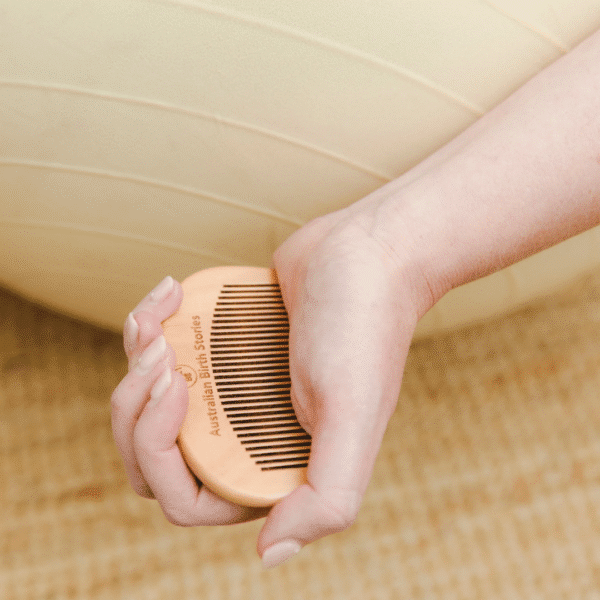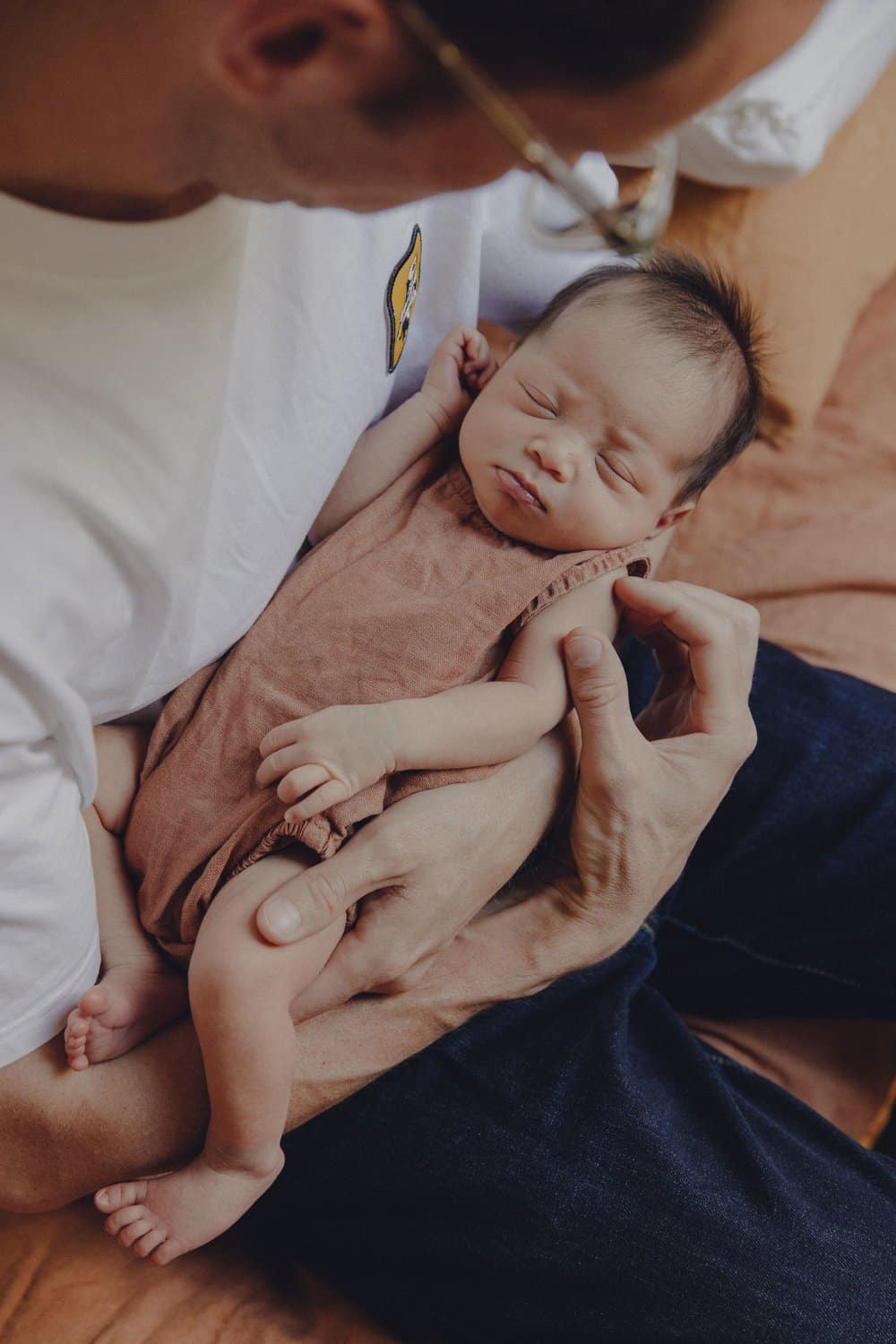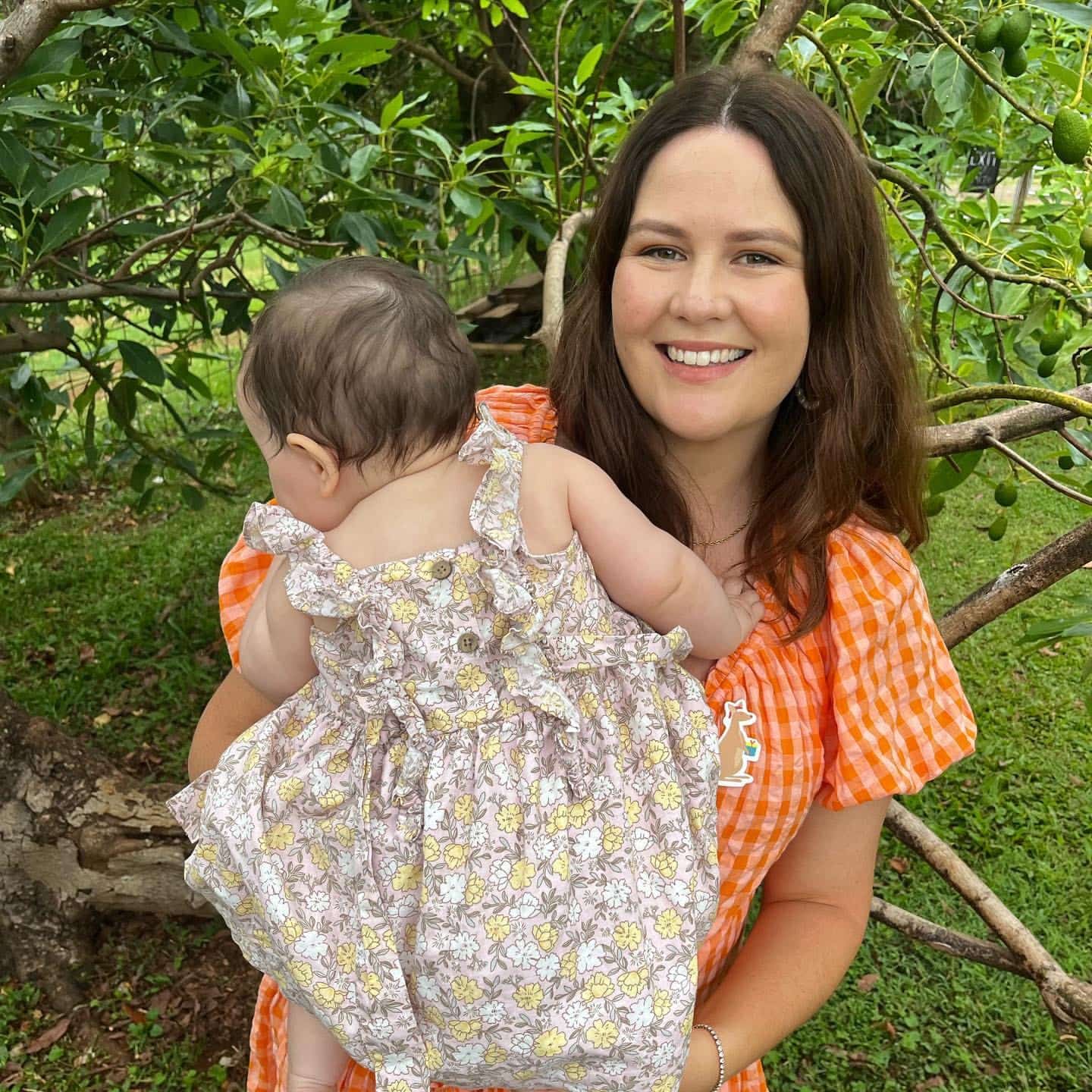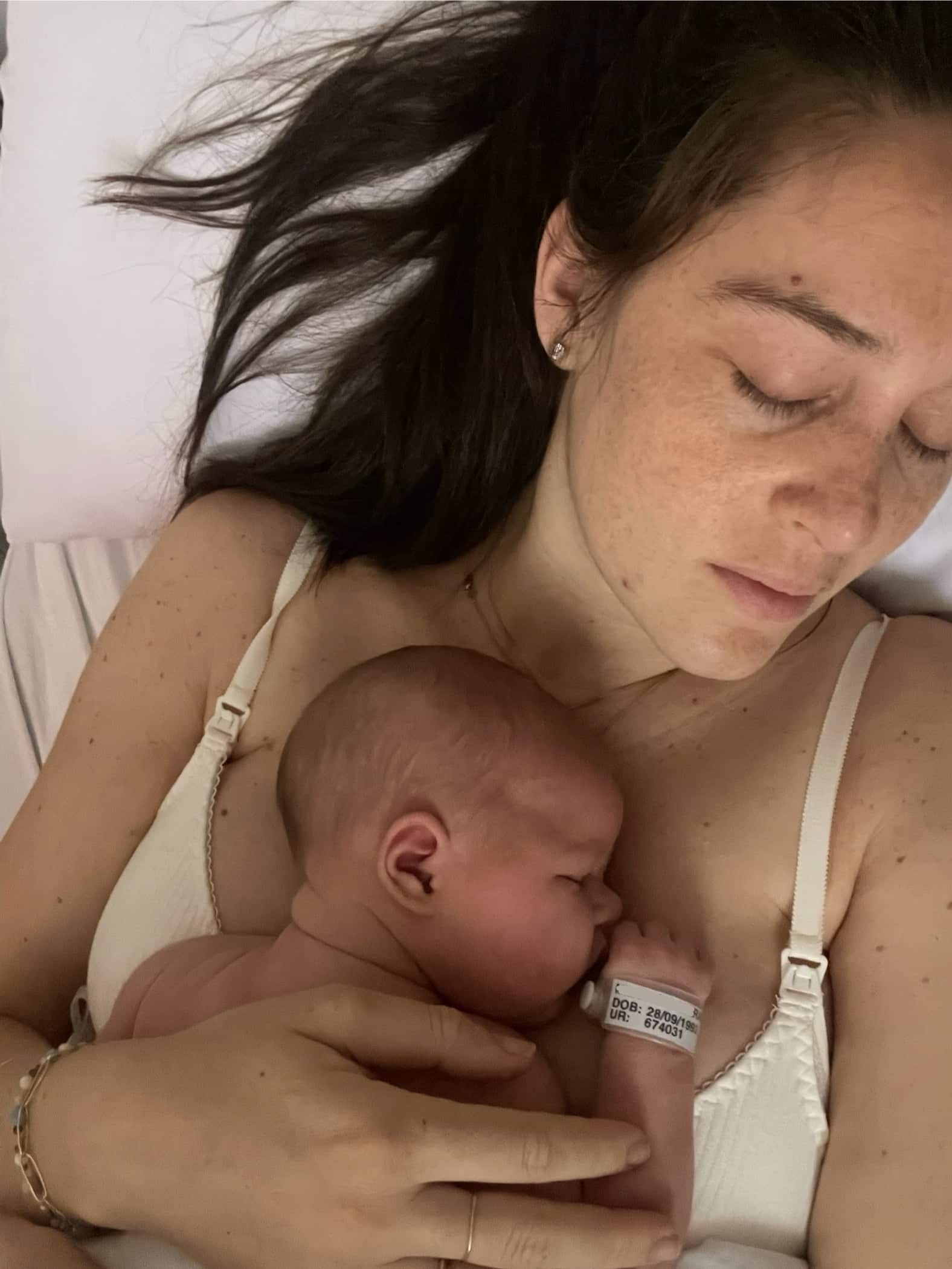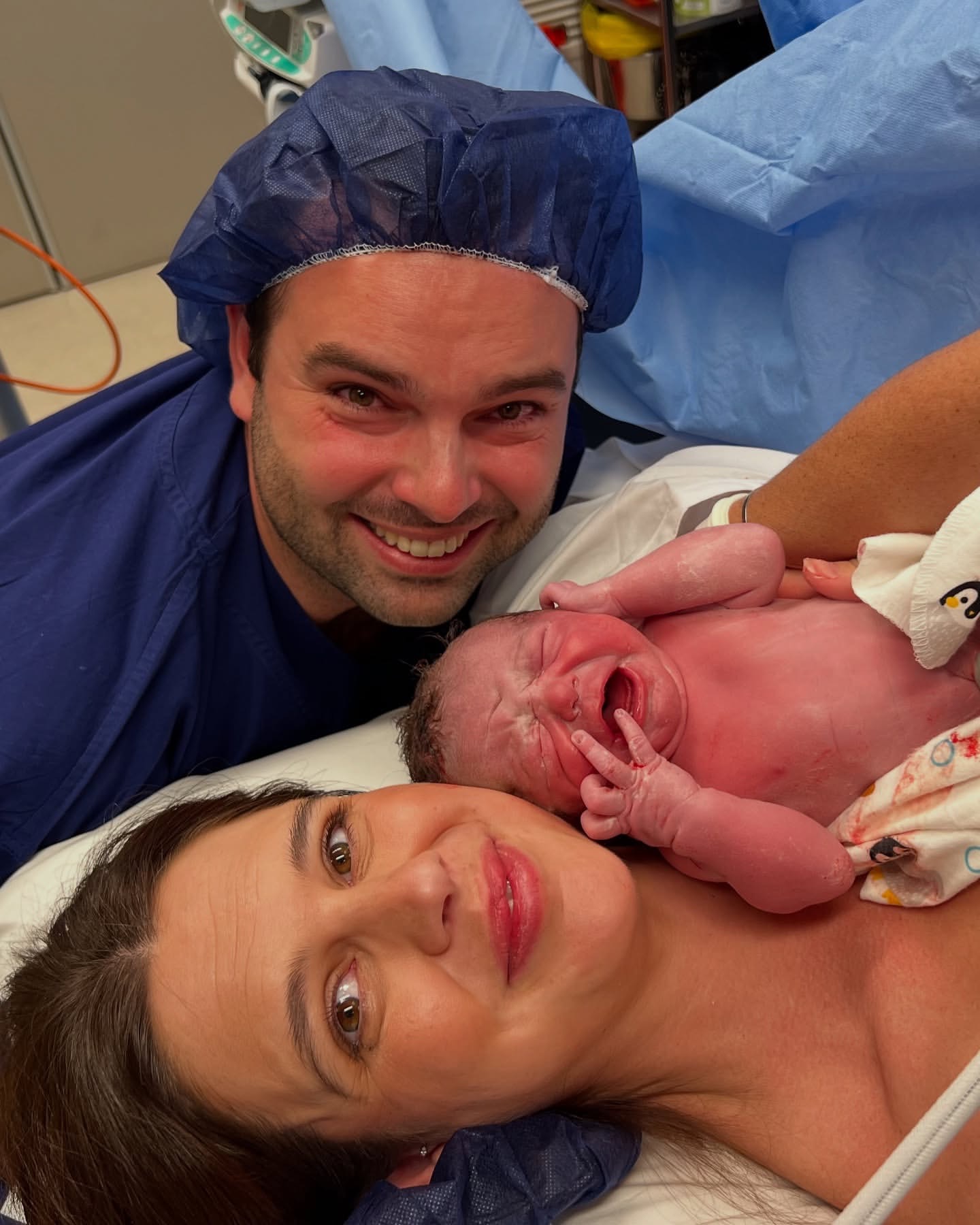Podcasts April
EPISODE 205
April
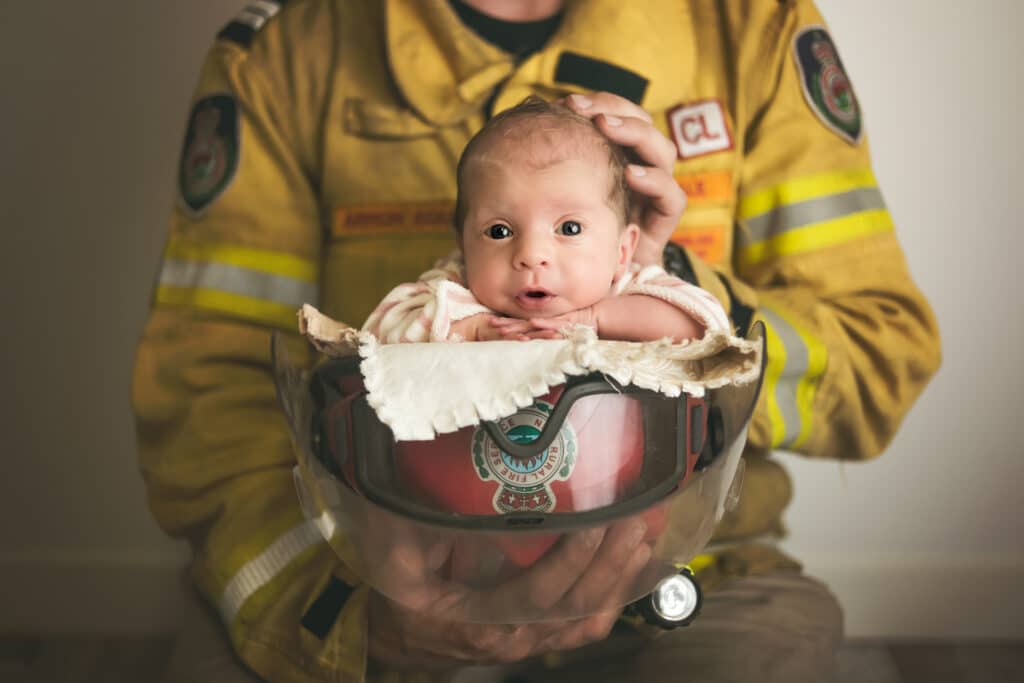
April was diagnosed with PCOS when she was 16 and was recommended to go on the pill to regulate her periods so when she started getting dizzy at work three years later, she never considered that she could be pregnant.
Two days after she found out she told her workplace and they immediately said that unless she terminated the pregnancy, she would be fired. As well as navigating a surprise pregnancy and gestational diabetes, she decided to take her workplace to court and later won.
At 39 weeks her waters broke and she went to hospital to be monitored. The CTG scan showed that she was having contractions even though she couldn’t feel them and when the midwife did an internal April was told she was 5cm dilated.
“I remember my husband went to move the car and the midwife stepped out of the room and I had my first big contraction. I got so emotional thinking about everything I’d been through in the previous months and the big change that was about to happen.
“My body knew what to do and I just let it take over. I was on the disabled toilet chair for about three hours, I was just really comfortable in that position. I stood up because I thought I needed to go to the toilet and I wrapped my arms around my partners neck and my baby was born in three pushes. They rushed him to the resus table as he wasn’t breathing because he came so quickly but five minutes later he was with me.”
April admits that she didn’t have that instant connection that people talk about and while she stayed in hospital for four days and the midwives supported her as best they could, she went home without any ongoing support. A week later she was back in hospital and diagnosed with a blood infection and sought more support then.
“They could see I was struggling with the transition to motherhood; I did what he needed but I didn’t want to cuddle him…They could see I wasn’t bonding with him and they started putting support networks in place as well as putting me on anti-anxiety medication because I was anxious about touching him and picking him up and not wanting to disturb him.”
April and her partner separated 10 months later and it was then that she sought her own support and help. She says that antidepressants turned her life around and she reconciled with her partner 18 months later.
“When our son turned 7 we decided we would try for another baby. We presumed it would be easy considering we didn’t even try the first time around but after 12 months with no luck I saw a fertility specialist. I only have two periods a year so they suggested clomid to help me ovulate. It took 8 months for us to get the levels correct as I had hyperstimulated ovulation however we finally got the right dose and that month I fell pregnant.”
Unfortunately, at 8 weeks April was told that she wasn’t pregnant but had a blighted ovum which she had to have a medical termination for. Six weeks later she fell pregnant naturally and was deemed high risk from the beginning because of the blighted ovum. As a precaution she had weekly blood tests and extra ultrasounds.
She opted to go off antidepressants when she fell pregnant but when she reached her second trimester she started to have suicidal thoughts. During a meeting with her husband and the obstetrician, she decided to go back on her medication and was honest with her caregivers about her mental health and the support she would need during the postpartum period.
At 31weeks she was at work when her waters broke. Thinking she had just wet herself, she went home but admitted to her husband that she felt something wasn’t right. She drove 40 minutes to the hospital and when the OB checked her she confirmed that her waters had broken and was immediately given a steroid injection to strengthen the baby’s lungs.
She held on for two weeks and then her waters started changing colour so her OB started an emergency induction. The syntocin drip started at 7pm and 2.5 hours later she told her midwife that she needed to go to the toilet.
“She checked me before I went and I was 7cm. Five minutes later I got back to the bed and told her I needed to go to the toilet again but she wouldn’t let me, she just told me my baby was coming. I couldn’t believe it. I lay on the bed and pushed her out and she was amazing, screaming and pink and beautiful. The pediatrician let her stay with me for 45minutes before they took her to NICU so that was really special.
“I was determined to breastfeed this time and I did a lot of research. While she was being tube fed in the NICU I would place her on my breast for non-nutritious sucks and she started feeding independently from 34 weeks which was absolutely amazing.”
While April was going between home and the NICU, the bushfires were raging around her area. The day before her baby was to be discharged, the fire came within 100m of her house. The first few weeks at home were intense; she had a new baby, her husband was working 18hour shifts with the fire department and she was stuck inside as the air quality was so bad. After the fires came the floods and then Covid. It’s been a huge year but April is determined to keep her mental health in check and is regularly connected with other mums through her local playgroup as well as maintaining her medication.
“I think it’s really important for women to know that depression is not something that you can fix yourself. You can’t just get happy. It’s often out of your control and it’s best to reach out and ask for help.”
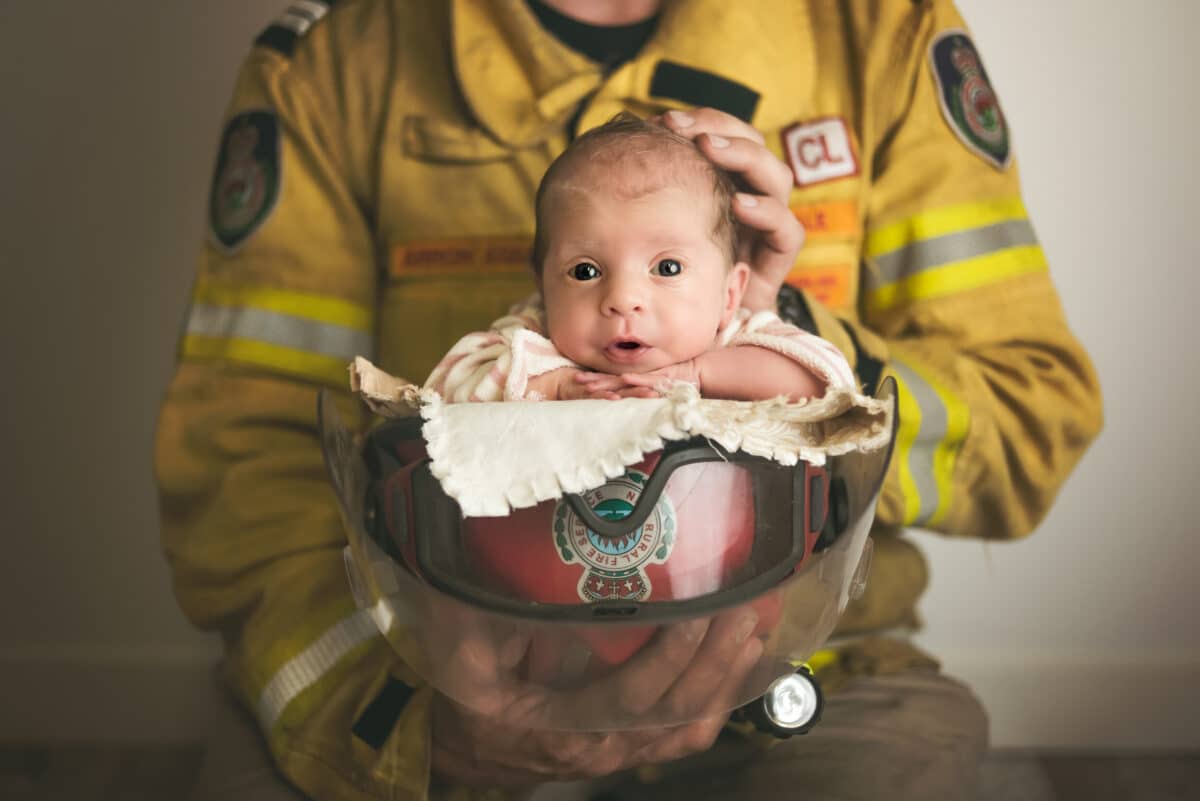
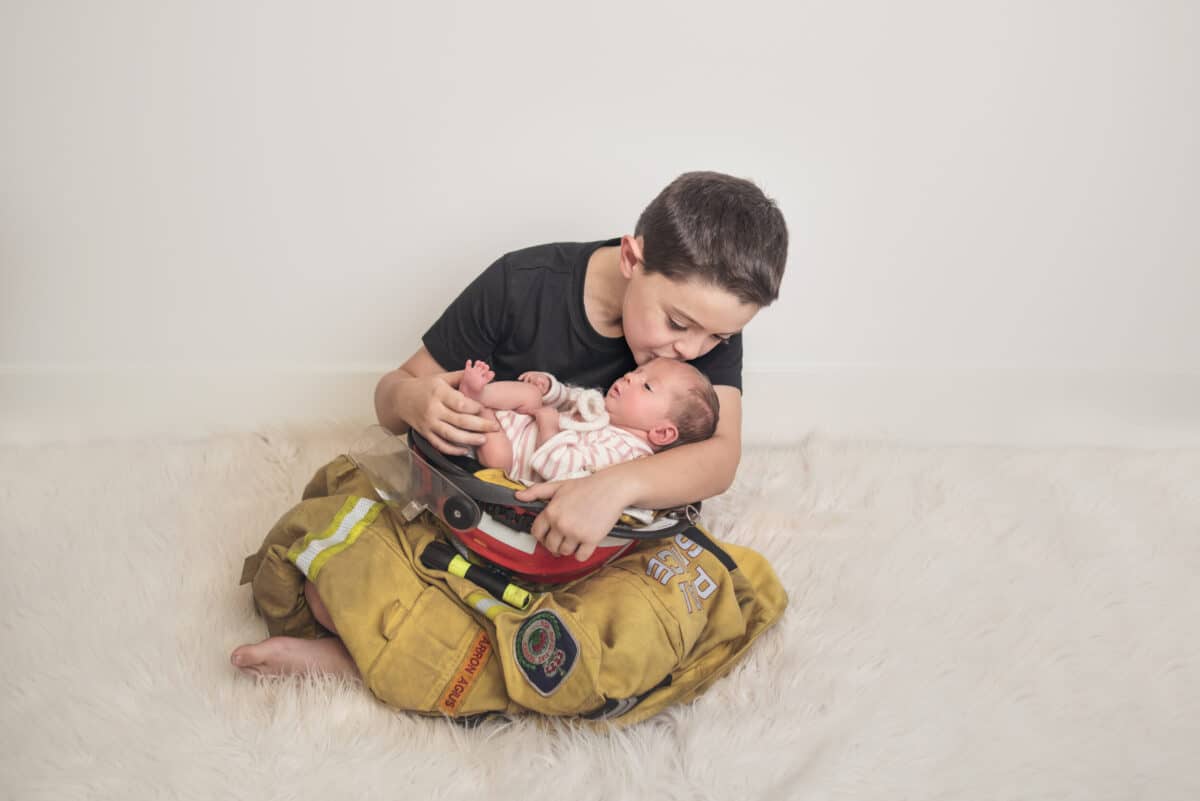
Topics Discussed
Clomid, Gestational Diabetes (GD), PCOS, Postnatal anxiety and depression, Premature baby, Teenage pregnancy
Episode Sponsor
Today’s episode of the show is brought to you by my online childbirth education course, The Birth Class.
What makes The Birth Class so unique?
Well, instead of learning from one person with one perspective, we’ve gathered nine perinatal health specialists to take you through everything you need to know about labour and birth.
Realistic information is key to thorough preparation.
Categories
Related Products
-
Birth Combs: Harness Your Body’s Natural Pain Relief
$24.95Crafted from smooth, natural wood, our birth combs activate specific pressure points in your hands that trigger your body’s innate pain-relieving responses.
Join the conversation
Sign up to get the latest updates, freebies, podcast releases straight into your inbox
@AustralianBirthStories
Follow along with us
@AustralianBirthStories
Follow along with us
@AustralianBirthStories
Follow along with us
@AustralianBirthStories
Follow along with us
@AustralianBirthStories
Follow along with us
@AustralianBirthStories
Follow along with us
@AustralianBirthStories
Follow along with us
@AustralianBirthStories
Follow along with us
@AustralianBirthStories
Follow along with us
@AustralianBirthStories
Follow along with us
@AustralianBirthStories
Follow along with us
@AustralianBirthStories
Follow along with us
